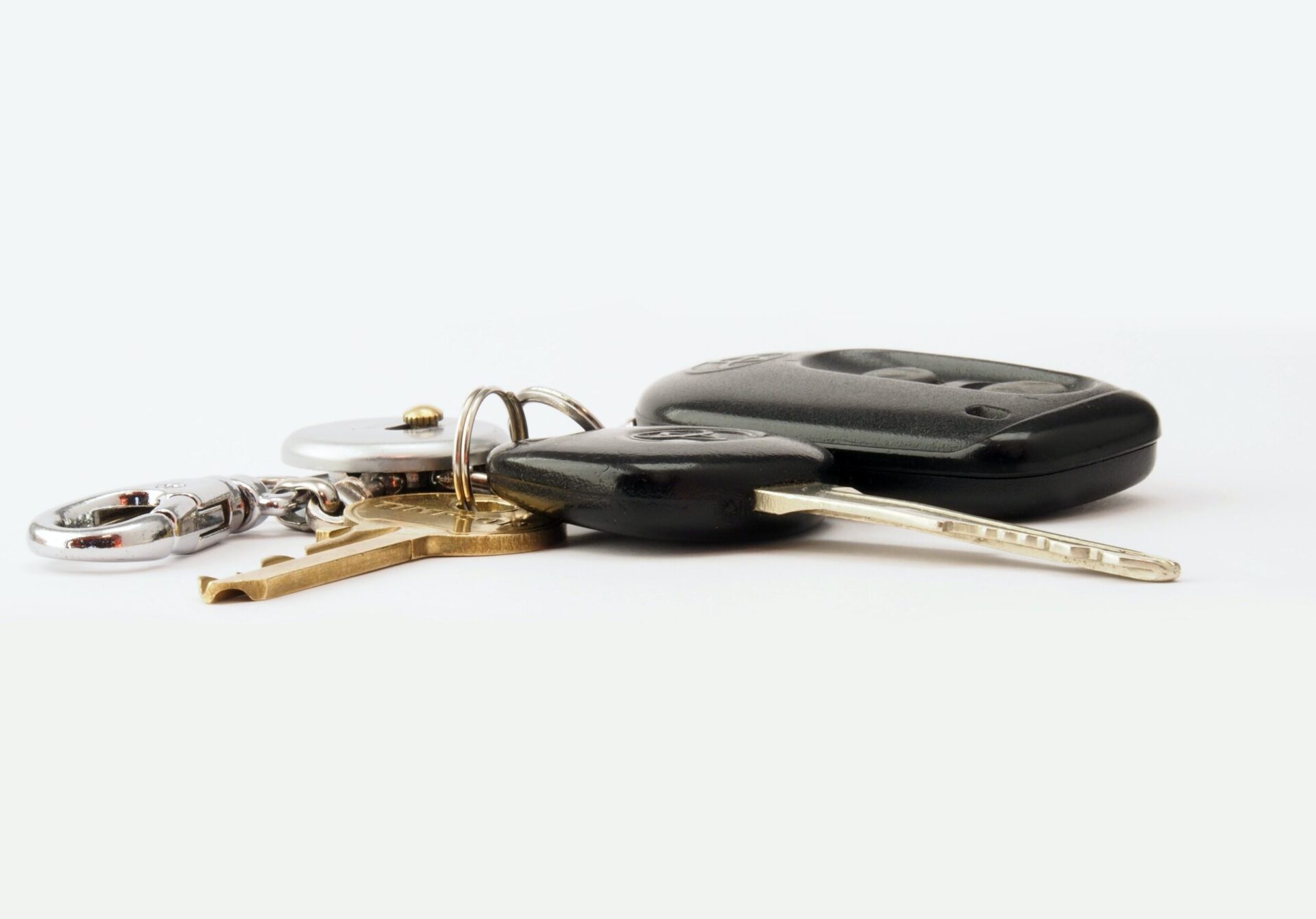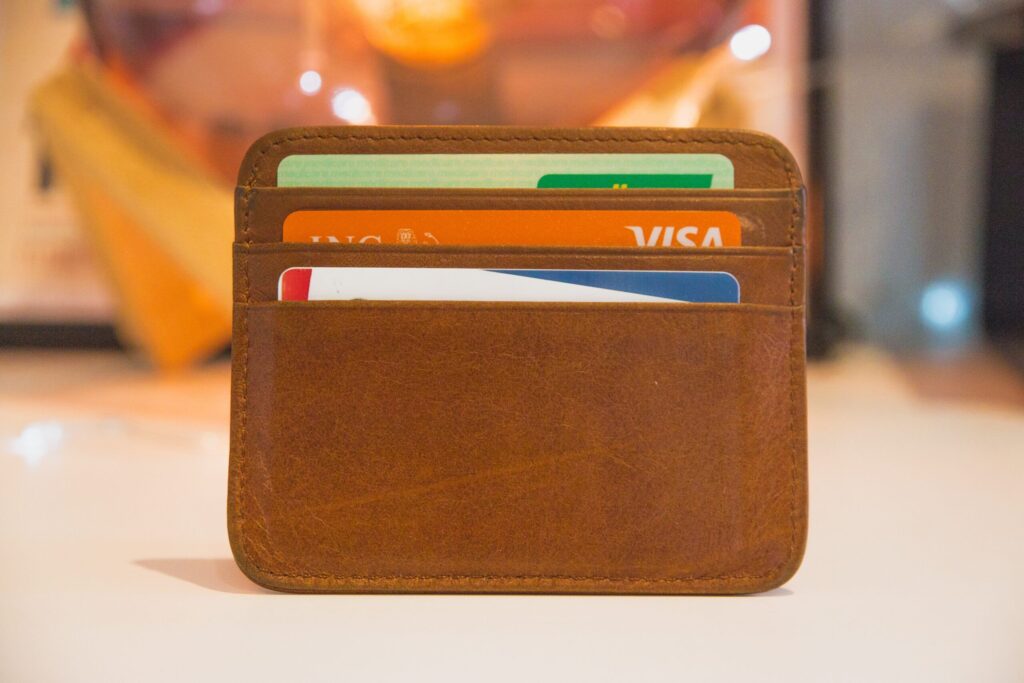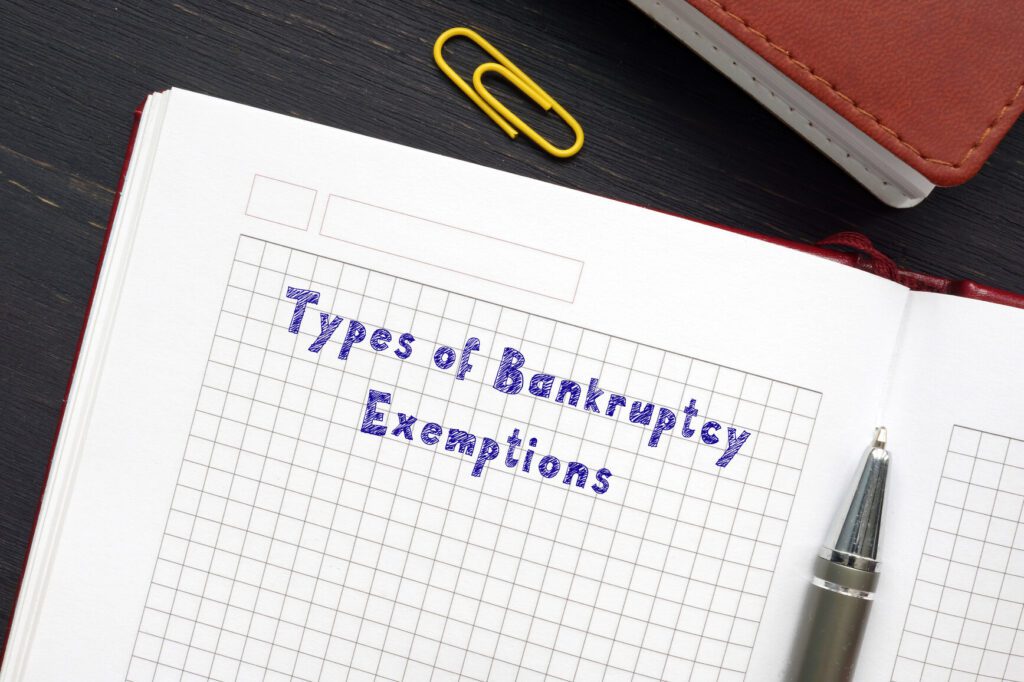Repossession is a tough situation that many Canadians might face when they struggle to pay for financed assets like homes, cars, or other valuable assets. It usually happens when a lender reclaims the asset or property when payments are not made in full or on time. Unfortunately, with rising costs of living and increasing interest rates, it is becoming harder and harder for Canadians to stick to their payment plans. This, in turn, can lead to repossessions. Repossession can have serious emotional and financial consequences. Although it can seem intimidating, there are steps you can take to try and prevent repossession and navigate difficult financial times. No matter how bad you may think your financial circumstances are, there is always a solution. At Spergel, we have been helping Canadians gain debt relief for over thirty years, and we are here to help you too. In this article, we answer ‘how do I avoid repossession?’
What is repossession?
Repossession in Canada refers to financed assets, like homes or cars, where a lender has provided a loan or credit to the borrower. When the borrower fails to make their payments in line with the original agreement and terms, the lender can legally take possession of the property. Loans like car loans or mortgages are secured loans, meaning that the lender has a right to the assets until the loans are repaid in full. It can take just as little as a single missed payment to risk having your car repossessed, depending on your lender. The repossession process is usually outlined in the loan agreement when you first take out the loan, and it is governed by laws specific to your province of residence. For this reason, it is really important to understand the terms and conditions of your contract, and the local regulations that apply in your province. If you have a strong credit history, you may be at less risk of having your possessions taken than someone who has defaulted on their payments numerous times. Once an asset has been repossessed, your lender will try to sell it to reclaim funds to cover the cost of your loan. If the sale of your asset does not cover the full amount of the loan, you will need to make up the difference, depending on your province of residence.
What happens during a repossession?
Once your lender thinks that you not going to be able to pay your secured loan back, they have likely decided to reclaim their funds by taking the pledged asset back from you. It is important to note that this is likely a last resort option because the lender does not want this to happen, and it can also cost them to do so. If it does come to this, you have a couple of choices about how repossession takes place. There are two types of repossession paths you can choose: voluntary and involuntary repossession.
Voluntary repossession
Voluntary repossession is where you surrender your asset to the lender by choice. You let your lender know that you cannot make your payments, and arrange a time to exchange your possession. Although you lose an asset, it can make the situation much simpler and means you avoid more serious consequences. If, for instance, your lender needs to spend money to repossess your asset – e.g. getting a bailiff to assist – these costs will be passed on to you. Voluntarily surrendering your asset will mean you do not incur any additional costs for repossession. It can take away some of the stress, too.
Involuntary repossession
In this scenario, your lender will repossess your car without consent and often without notice. You might wake up and realize one day it is gone, which can prove stressful. In most instances, your lender will have had to hire a company to repossess your asset, and these fees can be passed onto you. While either scenario means you will be without an asset, voluntary repossession does offer an element of control about how and when the repossession takes place. It can also save you from stress and shame.
How do I avoid repossession?
You are likely wondering how you can avoid a repossession in Canada. The best way to avoid repossession is to ensure you are paying your bills on time and in full. Here are some key strategies to avoiding repossession:
- Communicate with your lender. One of the most critical steps in avoiding repossession is to maintain open and transparent communication with your lender. If you are experiencing financial difficulties and are unable to make payments, contact your lender immediately. They may be willing to work with you to find a solution, such as restructuring your loan, temporarily reducing payments, or offering a grace period.
- Review your loan agreement. When taking out any new loan, you should always take the time to carefully review and understand your loan agreement. It should outline the terms and conditions, including the consequences of missing payments and the lender’s repossession rights. Knowing your rights and obligations is essential for making informed decisions. For anything in the agreement you do not understand, be sure to ask questions upfront.
- Create a budget. Establishing a realistic budget can help you manage your finances more efficiently. Identify areas where you can reduce expenses and allocate more funds toward your loan payments. A budget can also help you track your spending and ensure that you are prioritizing your loan repayments.
- Explore refinancing options. Refinancing your loan or mortgage can be a good solution to lower your monthly payments. You might be able to negotiate with your lender your repayment term, which could reduce your monthly payments. Do note that this can make the loan more expensive overall.
- Sell the associated asset. If you find it challenging to meet your loan payments and can see ongoing financial difficulties, consider selling the financed asset voluntarily. This can help you repay the outstanding debt and avoid the repossession process. Be sure to discuss this option with your lender and understand any potential shortfalls.
- Speak to a Licensed Insolvency Trustee. If you are facing financial hardship, seek support from a reputable Licensed Insolvency Trustee. They are the only professionals in Canada legally able to file all forms of debt relief. They will review your financial circumstances and advise you on your different debt relief options.
- Seek legal advice. If you are facing imminent repossession and believe that your rights are being violated, consult with a legal professional who specializes in consumer protection and finance. They can provide guidance on your specific situation and help you navigate the legal aspects.
How to get your assets back after repossession
Although you have not been able to afford your payments and you have had your assets repossessed, it is still possible to get your assets back. In order to get your assets back, you need to reach an agreement with your lender to begin paying your loan again. You will also need to cover the cost of any fees that might have been incurred during the repossession. It is important to note that your lender is under no obligation to agree with you – they can choose to refuse and put your assets up for sale. In essence, to get your assets back after repossession, you will need to repay in full any missed payments, and any repossession fees. The only other option is to buy your asset back when your lender puts it up for sale. You can ask your lender for information on the sale if you would like to get your asset back in this way.
How does repossession affect your credit?
Having your assets repossessed does have a negative impact on your credit score. Depending on your credit history, it can drop your score by a couple of hundred points. Repossession also affects your credit rating. Credit ratings are on a scale from R1 (a perfect score) to R9, the worst. Repossession will adjust your credit rating to a R8, just one above filing bankruptcy. Repossessions will also remain on your credit report for up to seven years. This will happen regardless of whether or not your repossession is voluntary or involuntary. Having a repossession on your credit report can make it much more difficult for you to secure another car loan in the future.
How to rebuild your credit after a repossession
Despite the stress and negative consequences of a repossession, you can recover from it. There are a number of steps you can take to rebuild your credit score:
- Pay any outstanding debt from your loan or mortgage
- Make up for any shortfall that may have come about
- Speak to a Licensed Insolvency Trustee. Licensed Insolvency Trustees are the only professionals in Canada legally able to file all forms of debt relief. This makes them well placed to review your financial circumstances and suggest the best pathway to debt relief for you
Facing a repossession is often a sign of larger financial issues. It might mean you are keeping up with other bills, too. If you want to know ‘how do I avoid repossession?’, book a free consultation with a reputable Licensed Insolvency Trustee at Spergel. We have been helping Canadians to avoid repossession for over thirty years, and we are here to help you too. We will help you to work towards a brighter financial future.



















